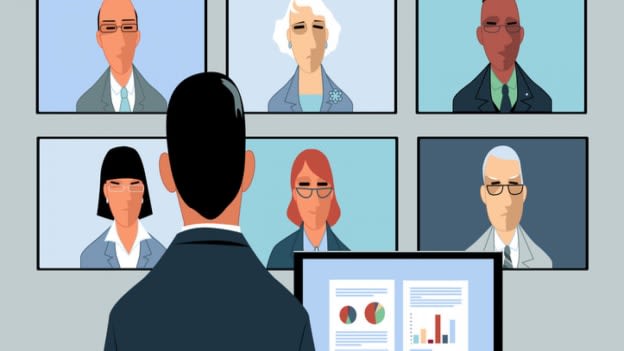71% of US employees feel valued at work with sexual harassment training: Survey

A latest survey by Talent LMS and The Purple Campaign revealed that majority of the employers (72%) provided sexual harassment training through an online platform.
On being asked whom they would be most comfortable receiving sexual harassment training from, majority of the employees (48%) voted in favour of ‘The HR department’ and ‘an external training company’, while only 15% showed interest in getting the training from a lawyer.
The survey found out that men were more likely to feel comfortable with receiving training from a manager in the company than women.
Sexual harassment training: Impact
Most of the employees in the survey reported that the training equipped them with necessary knowledge on what constituted sexual harassment, the company's policies around the subject and the Equal Employment Opportunity Commission with 90% of them admitting that the training made them aware of how to report sexual harassment incidents. Majority of the respondents also felt more valued and more productive at work.
The survey also unveiled differences in perceptions of men and women w.r.t. how they felt after receiving sexual harassment training program. There was a 10% differential in the number of men (85%) and women (75%) reporting that they felt safer at work after having received sexual harassment training.
It was also reported that sexual harassment training makes men feel more uncomfortable than women (23% vs. 12%) as they feel perplexed about how to behave in their offices and about getting in trouble for behaving improperly.
Huge gaps were identified in men’s and women’s responses to what they considered sexual harassment across the 9 listed behaviours. While 92% of women reported considering unwanted physical contact as a form of sexual harassment, only 78% of men felt the same.
Sexual Harassment Incidents: Prevention and Handling
62% of employees in the survey reported that their company had a strict, zero-tolerance policy, 27% said that management took an individualized approach to addressing each reported incident and 5% reported that incidents were rarely or never addressed appropriately.
To ‘would they file an internal report if they were to experience unwanted sexual conduct’, majority of men (62%) and women (64%) said Yes. 27% of men and 19% of women said they would report an incident, but only if the person who behaved that way was not more senior than them in the company.
The results also revealed that that men are much more likely to turn a blind eye to a sexual harassment conduct at workplace with 36% ageering to having witnessed an incident of sexual harassment at work and not raised it, as compared to 21% of women.
Sexual harassment Incidents: COVID-19 era
The survey reported that the cases of online sexual harassment have increased drastically since the onset of the Covid-19 pandemic. When the respondents were asked whether they faced any unwelcome behavior over video calls, text messages, email, or any other online platform, 29% of respondents agreed, with men (40%) reporting that they experienced online sexual harassment much more frequently than women (17%).
Therefore, indicating a need to invest in online sexual harassement training. It is essential to make people aware of the code of conduct they must follow while working remotely and also important to make people feel more safer in the new digital workplace.















